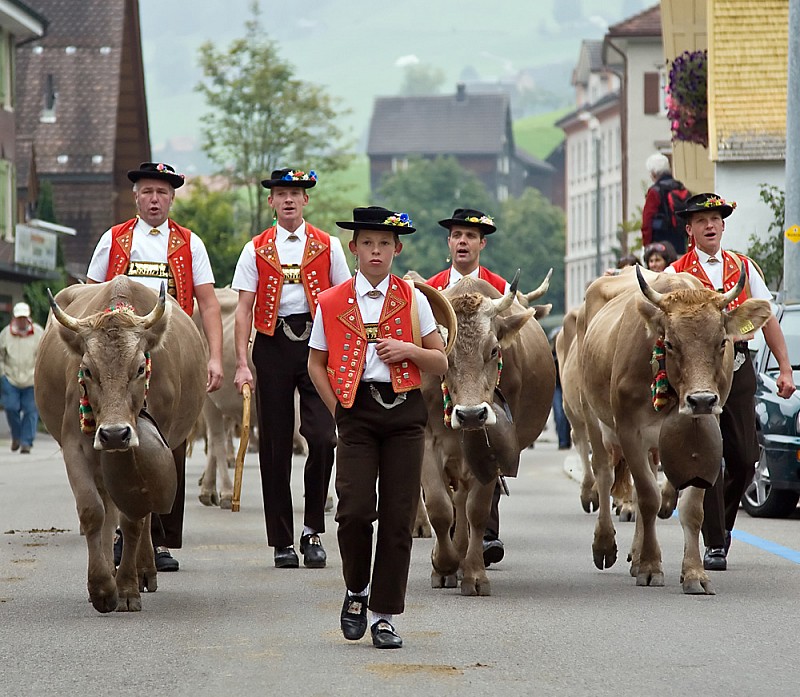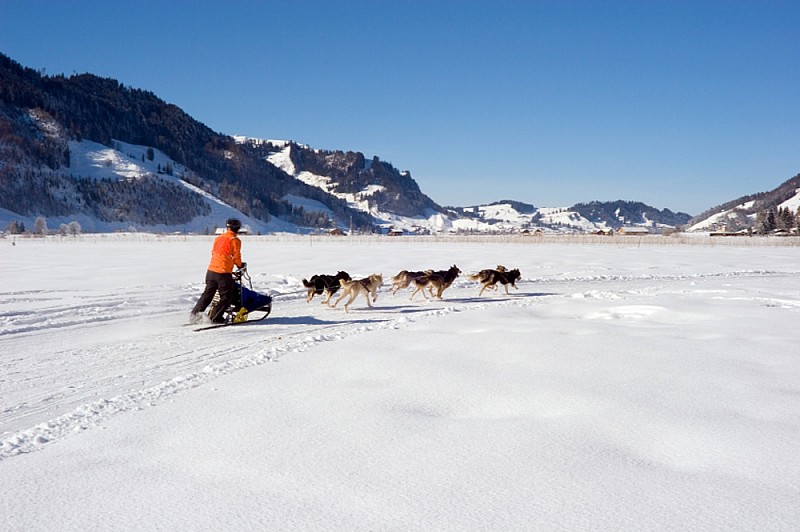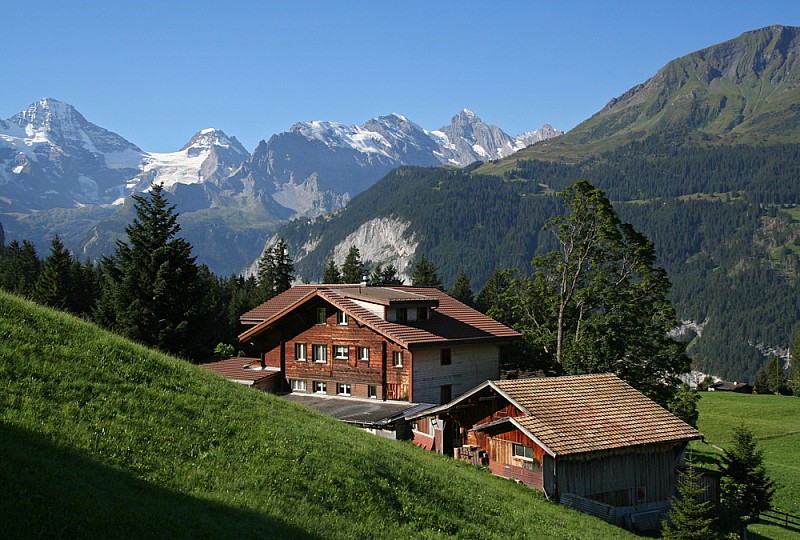





Your one-group partner in Switzerland
Keller Swiss Group Ltd.
Reinacherstr. 121
CH-4053 Basel
Company Profile
Keller Swiss Group is Switzerland’s leading provider for removals and relocation services. The tradition of quality and their modern professionalism are both synonym with the Keller name. For over 150 years, Keller has been a family owned company and also a familiar one: small enough to care about the needs of all their clients, yet large enough to find solutions for all challenges. Their highest quality criteria are set by the clients themselves.
The scope of service includes domestic removals within Switzerland and around the globe, move management for international corporations, relocation services including home search, school registration, a welcome service and cross cultural training, office relocations, record storage as well as many related services.
Managed by the fifth generation of the founder’s family, the company has recently undergone a successful re-branding. The employees are the most valuable assets of a service company and Keller give high priority to investing in training for all their employees and to encouraging teamwork.
RELOCATION SERVICES
Keller Swiss Group Ltd.
Industriestrasse 173
CH-8957 Spreitenbach-Zurich
Switzerland
Tel: +41 58 317 10 00
Fax: +41 58 317 10 91
Locations: Basel, Bern, Geneva, Lausanne, Zug, Zurich
CONTACTS
Lorenz Amiet (CEO)
Tel: +41 58 317 10 00
lorenz.amiet@kellerswissgroup.com
Mike Grossniklaus, (Head of Relocation)
Tel: +41 58 317 10 90
mike.grossniklaus@
Tina Huber (CFO)
Tel: +41 58 317 10 58
tina.stoeckli@
MOVING SERVICES
Keller Swiss Group Ltd.
Reinacherstrasse 121
CH-4053 Basel
Switzerland
Tel: +41 58 317 10 00
Fax: +41 58 317 10 11
Locations: Basel, Bern, Geneva, Zurich
CONTACTS
Lorenz Amiet (CEO)
Tel: +41 58 317 10 00
lorenz.amiet@kellerswissgroup.com
Alex Putame (Moving Operations)
Tel: +41 58 317 10 80
alex.putame@kellerswissgroup.com
Loredana Focarelli (Rates)
Tel: +41 58 317 10 79
loredana.focarelli@
Simone Amiet (Quality Committee)
Tel: +41 58 317 10 58
simone.amiet@kellerswissgroup.
Philip Messerli (CCO)
Tel: +41 58 317 10 00
philip.messerli@kellerswissgroup.com
| Government type | Confederation – similar in structure to a federal republic |
| Capital | Berne |
| Total Area | 41,290 km² |
| Industries | Machinery, chemicals, pharmaceuticals,watches, textiles, precision instruments, tourism, banking and insurance |
| Famous Cities | Basel, Berne, Geneva, Lausanne, Lugano, Zurich |
| Official languages | German 63.7%, French 20.4%, Italian 6.5% and Romansh 0.5% |
| Country code | +41 |
| Currency | Swiss Franc (CHF) |
| Voltage | 220/230 V |
| Public Holidays |
TOP 10 FACTORS WHEN RELOCATING TO SWITZERLAND
Real Estate and Housing – Switzerland is rich in housing diversity. The Swiss are preferably home renters and, in the cities, most of them live in apartments and duplexes. Detached and semi-detached objects are mostly located outside the cities and in the rural areas. Most homes have smaller rooms compared to those in the USA, but they all come with fully equipped kitchens and washing facilities. Larger homes are not rare, but hard to get, as prices usually tend to be extremely high. Switzerland’s properties are offered by rooms, e.g. a four and a half room house has three bedrooms, one combined living-dining room and a storage room. Kitchen and bathrooms are not counted. Most residences include a cellar and/or an attic. When renting, apartments are priced including basic utilities (water, heating, communal cleaning, common electricity and garbage collection). Rented houses by contrast are mostly priced without basic utilities, as these costs are born by the tenant (oil for heating etc.). There are two lease cancellation dates with a prior three-month notice period: 31 March and 30 September. Some landlords accept the 30th of June as well. The rental deposit is commonly equivalent to two months rent and is paid into a deposit account which gains a little interest.
Kitchens – All properties come with a fully equipped kitchen (with the exception of Geneva), where “fully equipped“ means: a fridge with built-in deep-freeze compartment, stove and oven with ventilation and sink and garbage bin. Newer homes have a built-in dishwasher and microwave oven or grill. It is not common to find big fridges (120 -160 liters).
Cupboards and built-in closets – Older and newer but large properties usually have built-in closets in the sleeping rooms, as well as in the kitchen. The average-sized apartments in the cities rarely have that kind of storage space and most Swiss tend to buy furniture that they take with them when moving out.
Temporary Accommodation – Unfortunately, temporary flats and/or houses are very scarce in Switzerland. Large banks and insurances, as well as some multi-national companies have rental agreements with some house owners and therefore secure themselves selected buildings, which are used as company-corporate flats. Fortunately, the market is starting to respond to the growing need for temporary accommodation and the situation is easing slightly.
Schools – Switzerland has a large number of international schools. The majority of them, though, are boarding schools. For instance, the Cantons of Zurich, Zug and Schaffhausen offer a combined choice of 12 international day schools (from Japanese to French). The IB and BA education programs are usually available.
Transportation – Switzerland has one of world’s best public transport systems that is not based on an underground network. The major cities are serviced by bus, tram and railway. Cities next to lakes also offer a very good boat service. It can get a bit complicated in the rural areas, even though the Swiss National Railways are considered excellent. The public transport system is a very good choice to get from one place to another.
Driving License – Swiss law allows foreigners to use their foreign driving documents for a maximum of one year after entering Switzerland. Depending on your nationality, you might have to take a short practical and/or theoretical test. Losing a driving license is easy, as the traffic laws are very strict in Switzerland (speeding and DUI). Also, fines are adapted to the individual’s income; the more you earn, the more you’ll pay!
Pets – The Swiss are cat lovers. Cats can be seen everywhere in the country. Dogs are more common in residential and rural areas, where the animals have more space. Little dogs are increasingly seen in the cities. When renting a property, landlords tend not to object to keeping cats and smaller dogs. In the cities, larger dogs are mostly a reason for rejection of a lease request. If your pets are duly vaccinated and this is documented, the animals only have to be registered and verified by the border veterinary service (can be a long procedure sometimes). Dogs are to be kept on a leash and owners are compelled to clean up behind them. It is advisable to consult the immigration officials on exotic and rare animals beforehand.
Shopping – Switzerland offers almost everything. Cities like Zurich, Geneva, Basel, Berne, Lucerne and Lugano have fantastic picturesque shopping areas. European atypical, Swiss cities still indulge and promote small specialty shops, even though big shopping chains and expensive brand shops are taking the upper hand. Prices in smaller towns are normally lower than in the bigger cities. Opening hours are from 8:30 to 18:30 during weekdays, on Thursdays (Abendverkauf) until 21:00. These times vary greatly depending on which Canton or city you are in. With the exception of larger filling stations, shopping alleys in train stations and airports, shops stay closed on Sundays and public holidays. Most shop employees speak at least two languages (when younger), English being quite frequent.
Cultural Idiosyncrasies – Being aware of the fact that cultures can differ enormously, it is very advisable to learn some helping words and simple phrases in one of the three major Swiss languages: German, French and Italian. As far as Swiss-German (Schwiizerdütsch) and Romansh are concerned, you will certainly gain points if you are able to pronounce some words to the locals. Language lessons, along with some cultural training classes will make a difference.

